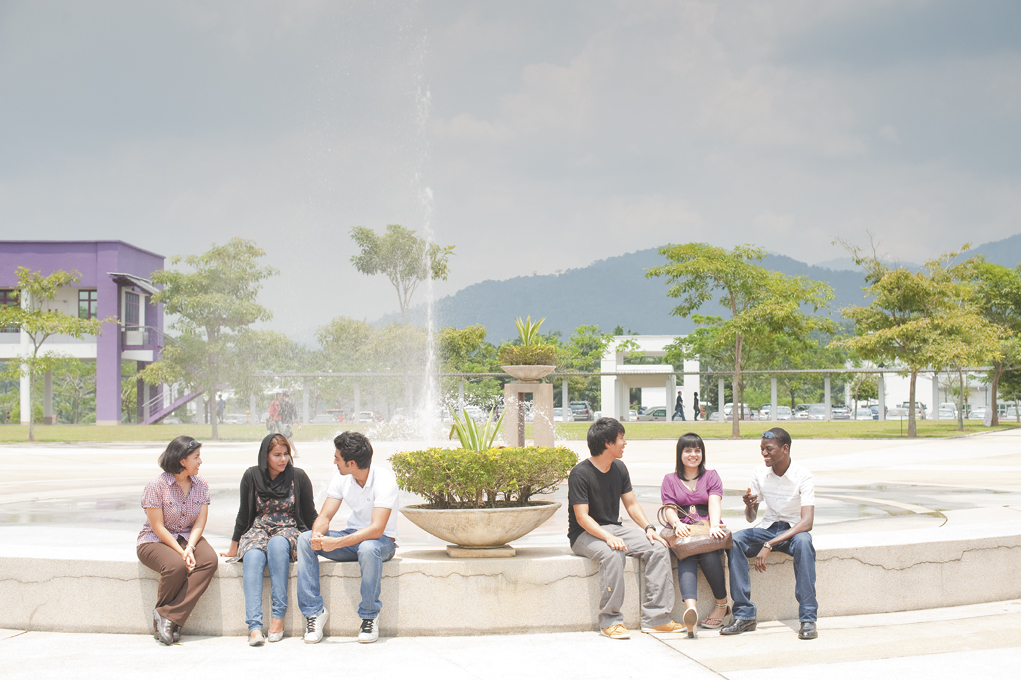
January 6, 2015, by Chris Ennew
Get a global local education
One of the biggest innovations in international higher education in the past 15 years or so has been the growth in international branch campuses. That is not to suggest that branch campuses are new – on the contrary, there is quite a history of universities (mostly private) establishing a presence beyond their home countries. But what has changed is the scale of such activity and the diversity of models. Not all students are able to travel abroad for higher education and indeed, worldwide, the proportion of students who are internationally mobile is less than 5% of the total.
What this means is that despite the growth in the number of international students, most people will continue to access higher education in their home country. The development of transnational education (TNE) and branch campuses provides an opportunity for a more international experience for students who do not want to travel abroad. Increasingly, commentators describe this group as the “glocal” students; they are part of the emerging middle class, they have an international outlook, bold ambitions and a willingness to invest significantly in their education. And their numbers are growing within Asia in particular.
The growth in branch campuses broadens the choices and the opportunities available to these glocal students. They can access a different style of education and a different type of experience from that which is typical of their home country, but without the costs associated with travelling and living in a different country. And the branch campuses themselves come in increasingly diverse forms; trying to count them depends first on how you define them.
Perhaps the most traditional format is the one in which a university from one country establishes a base in another country where it teaches and awards degrees (and so it is the degree awarding powers that provide quality assurance). This is the format that is familiar in Malaysia, with Nottingham and Monash as perhaps the best examples. Both award degrees from their home countries and offer qualifications, which are equivalent to those offered at their home campus. They are also typically regulated in their host country so students have the reassurance that their degrees have been subject to two forms of regulatory oversight.
But there are other interesting variations on this model; an increasingly common format is associated with private providers such as Manipal and Amity who establish campuses internationally under a common brand, but with local degree awarding powers (here only the quality assurance comes from the host country but supplemented by the institutional brand).
And then we see the emergence of the nationally sponsored universities where a new institution is established carrying a country name – and the country name is the approach to providing assurance of quality. The most prominent example of this approach comes with the German University in Cairo and other branches of German Universities, which have been established in a range of countries around the world. Technically these are not branch campuses but they still aspire to offer an international experience to students in a diversity of countries.
The numbers of branch or international campuses have grown dramatically in the last 15 years and as a glocal outlook becomes more common, we should expect to see not only more of such campuses but also more interesting models for the provision of education. Such developments will offer greater choice to the students of the future. But those involved in managing such developments will need to give careful thought to how best to help students make good choices when faced with a diversity of options for their higher education.
More choices offer many benefits but decisions about education are complex and high risk, so students (and their parents) will need clear information about the options available and good advice about the quality (and the quality assurance) of the programmes they are considering.
Christine Ennew is Pro Vice-Chancellor and Provost of the University of Nottingham, Malaysia Campus – follow her on Twitter @ChrisEnnew
This post was first published in the Star on 16th December 2014.

The university looks really nice. Just hoping that you guys deliver a part time course. It will be really helpful for working adult like me
Have a look at the web site – there are a range of part-time courses!
This is an awesome opportunity. I remember when online universities were being established and all the nay-sayers stood in line to bash such an endeavor and look at us now (smile). Thank you for this document which touched on all the finer points of attending an online university which in many ways may have more positives than the regular on-ground school. As an online doctoral student, I say please make sure communication is on the forefront in every step of the way. Thank you.